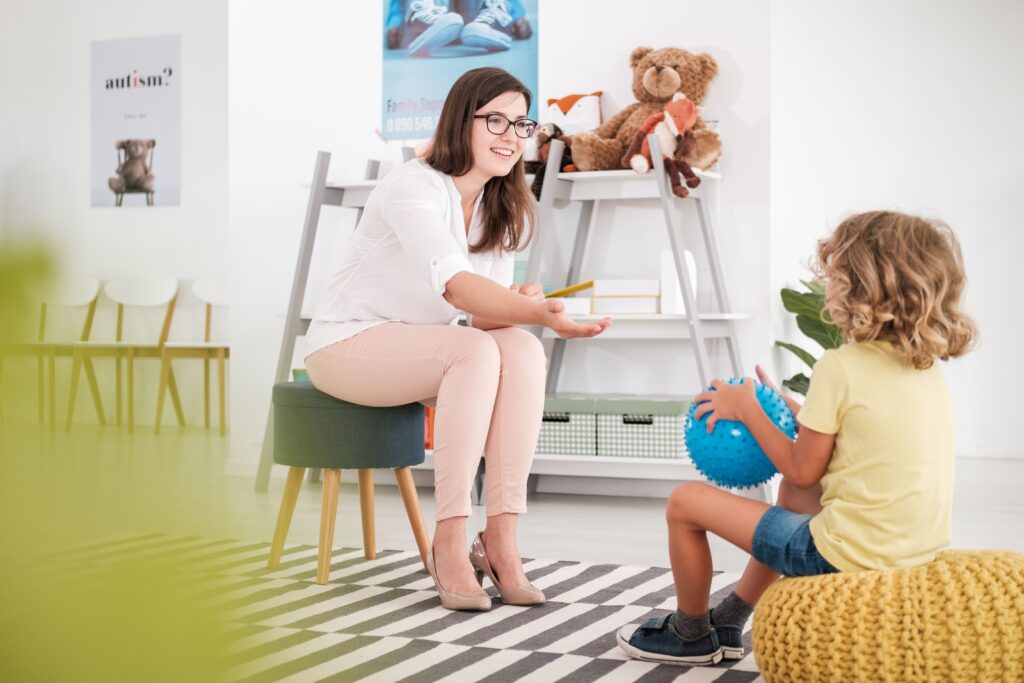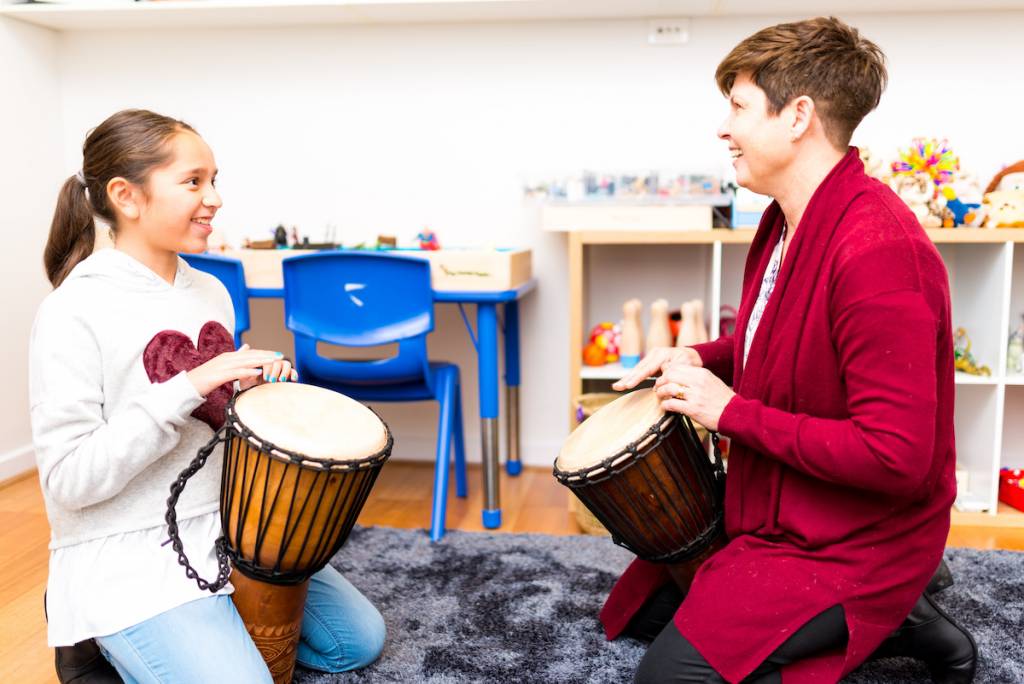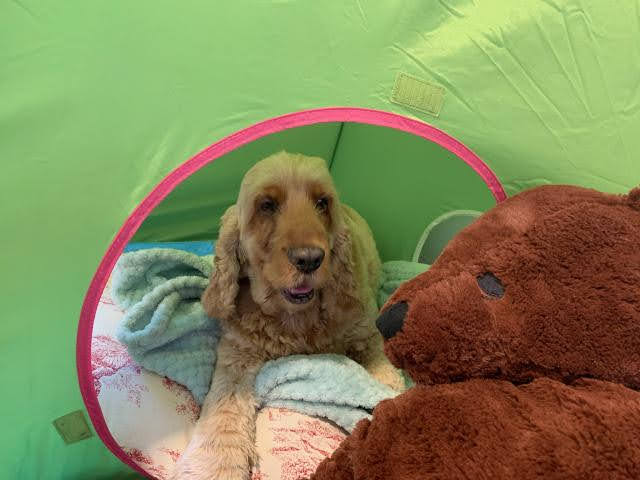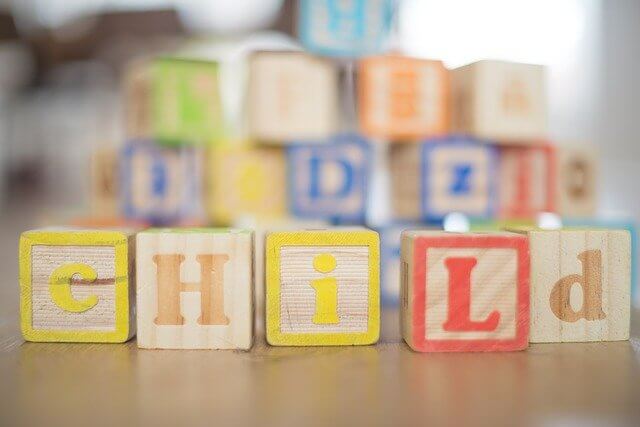Play therapy or play-based mental health intervention helps children with mental health concerns, social, and developmental concerns.
What Is Play Therapy?
Play therapy is a type of psychotherapy that uses play as the medium to help children explore, express, and understand their emotions. It is used predominantly with children aged 2 to 12 years, individually or in groups.
Our brain tends to focus more on negative experiences than positive ones. In the long-term, these negative experiences can cause mental health conditions such as anxiety, depression, and dissociation disorders. These mental health disorders can be resolved for adults by counselling, but when it comes to children less than 12 years old, communication becomes a barrier. That’s when play therapy helps.
There are many approaches and methods to practice play therapy. Child-centred, cognitive-behavioural, Interplay, TraumaPlay, Synergetic Play and psychoanalytic are some of the principal approaches used in play therapy. Depending upon the child’s unique needs and mental health issues, a play therapist chooses the appropriate approach for treatment. However, many modern play therapy approaches are based on child centred and Axline’s non-directive play therapy.
Basic Principles of Play Therapy
The following eight principles of play therapy recommend the therapists to:
- Develop a warm, friendly, and therapeutic relationship with the child
- Accept the child just the way they are
- Establish a therapeutic environment that allows the child to express their true feelings completely
- Recognise the child’s emotions and reflect back in a way the child understands it
- Respect the child’s ability to solve their problem and provide an opportunity to do so
- Let the child lead the therapy without interrupting
- Recognising the therapy is a slow and gradual process
- Establish respectful limitations only when required to anchor the therapy and make the child aware of the responsibility they hold in the relationship
How Does Play Benefit Children?
Play is an integral part of childhood and has a huge impact on the overall development of a child. So, play is a child’s natural way of learning, experimenting, understanding, and communicating with the world around them.
When negative experiences happen to children, they find it difficult to articulate their feelings and communicate them to their parents or primary caregivers. However, children act out their difficult emotions easily through play, and that’s how play therapy works.
In play therapy, toys become the child’s words, and play becomes their language. During play therapy, the play therapist encourages the child to explore the emotions the child is experiencing from a past traumatic event or current circumstances at the child’s own pace.
Successful playing helps children to develop a sense of responsibility, positive thinking, and decision-making by promoting self-evaluation, self-acceptance, self-reliance, and self-confidence. Thus, it gives them control over their emotions and helps them navigate them positively to cope or approach a tough situation.
What Happens in a Play Therapy Session?
In play therapy, therapists establish a therapeutic relationship with children by facilitating a therapeutic environment in the playroom. This ensures children feel they are safe, and their emotions are valued. Play therapists use different types of play, games, and toys.
Once the child gets comfortable with the therapist and starts playing, the child starts expressing their emotions through play. As the child plays, the therapist tries to understand the child’s needs by carefully observing the child. If the child needs help or feels stuck due to emotional distress, the therapist intervenes within the play scenario to help resolve distress.
Play therapy helps children to:
- Respect and accept themselves
- Learn to express their emotions
- Cultivate responsibility
- Promote healing and improve relationships
- Develop social skills
- Enhance creativity and problem-solving skills
- Develop empathy
- Improve motor skills
At CoRe Kids Therapy, we offer play therapy and family therapy to help kids heal, learn, grow, and live life to the fullest. Contact us for more information.




